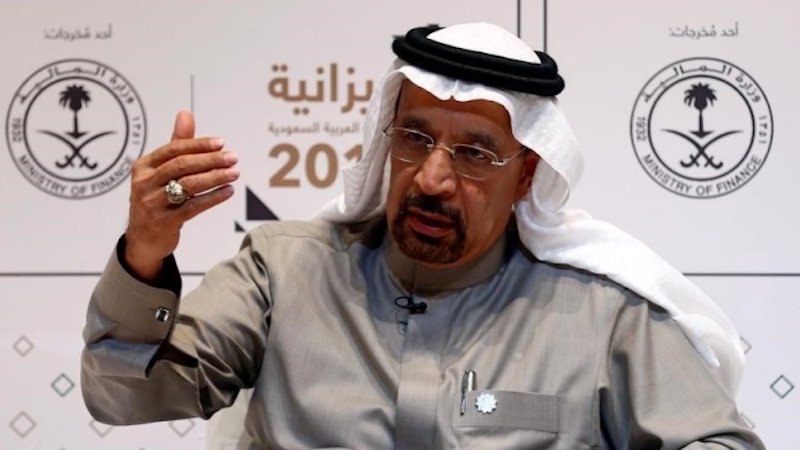Oil extends gains as Saudi, Nigeria pledge export curbs
July 25, 20172K views0 comments
Oil prices extended gains on Tuesday after Saudi Arabia and Nigeria pledged to curb exports from next month, as OPEC called on several members to boost compliance with output cuts to help rein in oversupply and tackle flagging prices.
Brent crude futures were up 49 cents at $49.09 a barrel by 0933 GMT. U.S. West Texas Intermediate futures rose 50 cents to $46.84 a barrel.

At a meeting in the Russian city of St. Petersburg on Monday, the Organization of the Petroleum Exporting Countries (OPEC) and non-OPEC producers discussed extending their deal to cut output by 1.8 million barrels per day (bpd) beyond March 2018 if necessary.
Khalid al-Falih, Saudi Energy Minister said that his country would limit its crude exports to 6.6 million bpd in August, almost 1 million bpd below the levels of a year ago.
Read Also:
“But the most concrete indication coming out of the meeting was that Nigeria would agree to implement production adjustments,” Vienna-based consultancy JBC Energy said.
Nigeria voluntarily agreed to join the deal by capping or cutting its output from 1.8 million bpd once it stabilises at that level.
But in a sign that production from the OPEC member remains susceptible to disruptions, Royal Dutch Shell’s Nigerian subsidiary said on Monday that it had shut its 180,000 bpd Trans Niger pipeline because of a leak on July 21.
Ministers at the meeting also highlighted the importance of compliance.
Russian Energy Minister Alexander Novak said an additional 200,000 bpd of oil could be removed from the market if there is 100 percent compliance with the OPEC-led deal.
OPEC said that stocks held by industrial nations had fallen by 90 million barrels in the first six months of the year but were still 250 million barrels above the five-year average, which is the target level for OPEC and non-OPEC members.
“In our view … these meetings were aimed at saving face and diverting the market’s attention away from Iraq’s poor compliance, shale’s resilience and Libya’s and Nigeria’s markedly higher output,” Barclays said.
Prices were also supported by a warning from Halliburton’s executive chairman that growth in North America’s rig count was “showing signs of plateauing”, representing a possible threat to U.S. shale oil production.
China’s crude imports will exceed 400 million tonnes (8 million bpd) this year and are likely to grow by a double-digit percentage next year, a Sinopec Group executive said.
